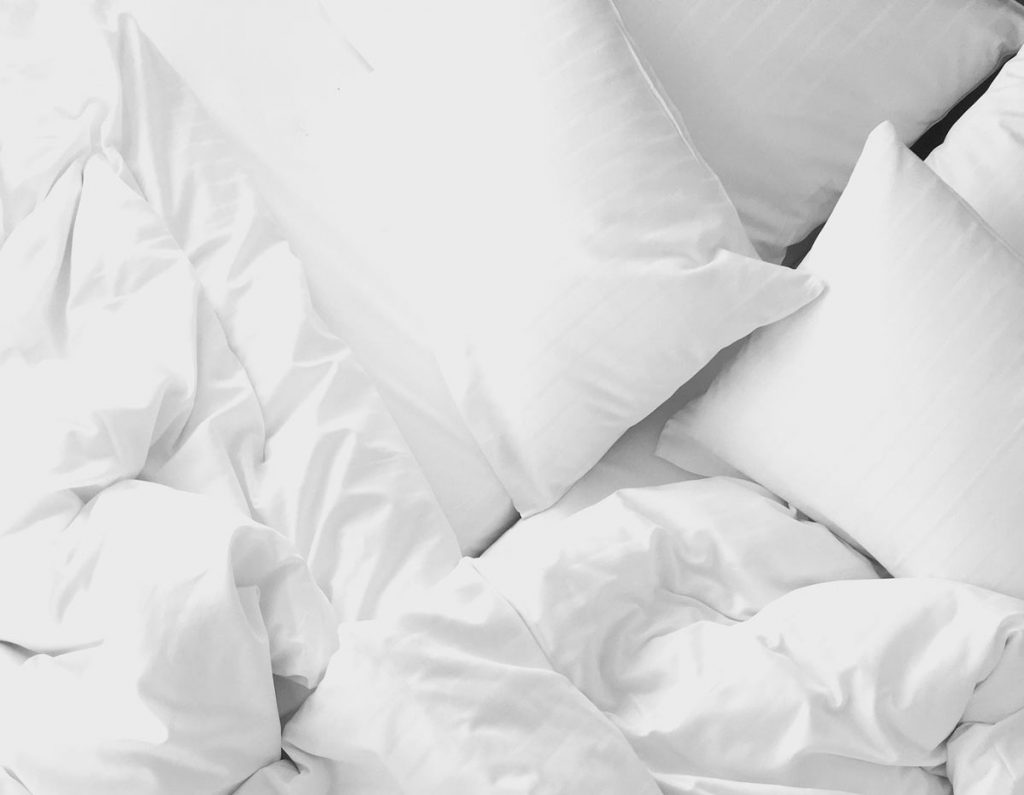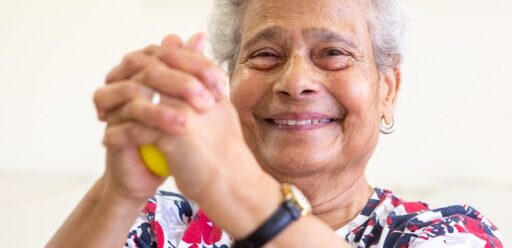Seniors and sleep: Do we need more sleep as we age?

We spend almost one third of our lives sleeping and yet few of us really understand how important sleep is and what’s happening to our bodies and brains when we hit the sack.
Sleep Health Foundation spokeswoman Dr Gemma Paech describes sleep as the third pillar of health, alongside diet and exercise.
For a long time though, sleep has been the poor cousin of the three, not attracting the same attention or public health campaigns like those aimed at tackling obesity and inactivity.
Dr Paech believes things are starting to change and sleep is earning its rightful place as an essential component of our health and wellbeing.
“Sleep often gets overlooked but it plays a role in every aspect of our health and wellbeing. I want people to understand how important sleep is, and not take it for granted,” she says.
How important is sleep?
Harvard University’s HealthySleep website says sleep plays a critical role in immune function, metabolism, memory, learning, and other vital functions.
Sleep Health Foundation research shows four out of 10 Australians get insufficient sleep either daily or several days a week. Lack of shut-eye is known to affect mood, energy levels, productivity, weight and the likelihood of developing serious health conditions like diabetes, heart disease and hypertension.
Dr Paech says sleep is important for our health at any stage of life but particularly as we age, when we become prone to more illnesses.
“Sleep is quite an active process – we used to think it was a time when the body turned off and wasn’t doing much but there’s actually quite a lot going on. Certain hormones that are produced when we’re asleep help our bodies repair the wear and tear of daily life,” she explains.
Sleep is also critical to boosting our immune systems. During sleep, our immune systems produce and release proteins called cytokines, which target infection and inflammation. If we’re sleep deprived, our bodies don’t produce enough of these protective cytokines.
Do we need more or less sleep as we age?
According to the experts, the amount of sleep we need doesn’t change a lot as we get older. As a guide, people 65 and older generally need seven hours of sleep, while younger adults might need a bit more. The average for all adults is 8.25. But sleep needs vary; while some people can cope well with much less, some need much more.
The Sleep Health Foundation says what does change as we age is the type of sleep we get.
There are different stages of sleep (see breakout) and as we get older we get less of the one called slow-wave sleep (or N3), which is the deepest sleep.
Dr Paech says the pattern and timing of our sleep also change.
“Typically we take longer to get to sleep, wake up more often and wake up earlier,” she says.
Our internal body clock, or circadian rhythm, helps regulate our sleep at night and helps us stay awake during the day. Everyone has a slightly different circadian preference; some people might be night owls, preferring to stay up late at night, and others early birds, preferring to wake early in the morning.
However, as we age our circadian rhythm tends to shift earlier, so older people will often get up earlier in the morning.
“That means older people can get tired in the early evening. They might also get more tired during the daytime, so do more napping. As a result their sleep becomes shorter. They might not sleep for seven hours in one hit, instead experiencing more fragmented sleep – for example, five hours at night, two hours during the day,” Dr Paech says.
These changes can be due to the ageing process but also lifestyle factors.
What are some tips to getting a good night’s sleep?
- Cut out daytime napping: If you nap and then can’t sleep at night you need to take action to keep yourself awake during the day. Dr Paech’s advice is to get outdoors to exercise, take a walk or work in the garden, which will promote alertness.
- Limit caffeine: Avoid it altogether in the evening and be mindful of how much you consume during the day – no more than four cups of tea or coffee a day.
- Resist a nightcap: Dr Paech says older people often think having an alcoholic drink just before they go to bed will help them sleep but in reality it will give them a more disrupted sleep. She recommends any alcohol you consume in the evening should be enjoyed with dinner.
- Dine early: It’s good to eat your main meal two to three hours before going to bed to avoid reflux and digestive issues that could disturb your sleep. If you do get hungry before you go to bed, have a small healthy snack.
- Beat boredom: Sometimes older people spend a lot of time in bed when they don’t need to, simply because they’re bored. As a result, their sleep becomes quite restless and they feel the sleep quality is not good. If you feel like this, why not take on a new challenge or new hobby to overcome your boredom?
Of course, if your sleep is poor and you have any ongoing concerns, you should seek help from your GP because you may have an underlying sleep disorder.
Can sleep improve your memory?
Sleep Health Foundation experts say many adults don’t understand just how much sleep affects their daytime functioning, particularly their memory and mood.
“It’s very common to hear people pass off their forgetfulness and their fogginess as the result of getting old,” says Foundation Chair Professor Dorothy Bruck.
“What many fail to recognise is that sleep – or lack of it – is playing a pivotal role in memory and mood. Age is a factor too, but improve your sleep and you’ll be surprised at the brain boost that follows.”
Multiple studies have confirmed sleep helps learning and memory in two distinct ways.
“Firstly, sleep helps to prepare our brain for learning new things,” Prof Bruck explains.
When we’re well rested we can pay better attention to new information that we encounter in our daily life.
Secondly, sleep helps make new information ‘stick’.
“During sleep, the brain replays memories from the day, making the neural connections stronger,” she says.
“This process of memory consolidations is essential to remember the things we experienced when we were awake.”
Sleep also plays an important role in creativity, helping us find new solutions to problems by looking at things in a new way while we sleep.
“You may have heard people say they will ‘sleep on it’ in order to solve a problem or make a decision,” Prof Bruck says.
“The process of sleep will often enable a better solution.”
Dr Gemma Paech is a senior sleep scientist at John Hunter Hospital with special interest in sleep, fatigue and circadian rhythms.
You may also like
10 benefits of exercise for mental health
We all know that exercise is important for our physical wellbeing, but have you considered the benefits of exercise for your mental health?
How to choose where to live in retirement
Retirement is something we are all working towards but there are plenty of things to consider before getting there – including where to live.


